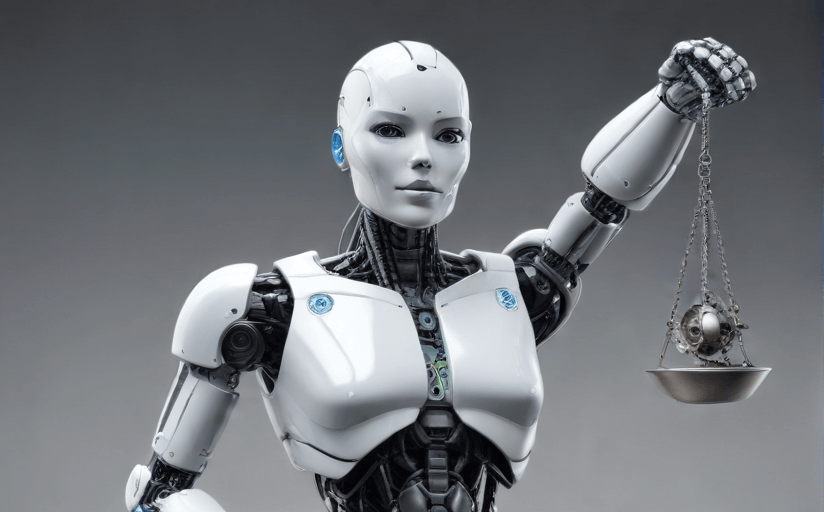Examining The Ethical Implications of Artificial Intelligence and Automation
The advent of artificial intelligence (AI) and automation has brought about remarkable technological advancement. However, it has also raised complex ethical issues that permeate personal, corporate, and societal levels.
Privacy Concerns
AI and automation have presented numerous privacy-related ethical issues. With AI systems often requiring vast amounts of data to function effectively, there’s a growing concern over how this data is collected, stored, and used.
Everyone has the right to the protection of the law against such interference or attacks (UN, 1948). This statement from the Universal Declaration of Human Rights stipulates the right to privacy. The question then becomes whether AI and automation infringe on this right.
Job Displacement
A significant ethical concern with AI and automation is the potential for job displacement. Studies have shown that AI and automation risk displacing workers, particularly those in repetitive, manual roles.
Bias and Discrimination
Multiple studies have highlighted that AI systems can inadvertently perpetuate existing societal biases, leading to unfair and discriminatory outcomes. For example, decision-making algorithms used in sectors like hiring, law enforcement, and lending have faced criticism for reflecting and amplifying human biases.
Potential Solutions
Addressing the ethical issues posed by AI and automation is not straightforward.
- Regulation: Governments and international bodies could enact regulations ensuring data privacy, fair labor practices, and unbiased AI systems.
- Transparency: Corporations must strive for complete transparency in their AI and automation systems to ensure all stakeholders are aware of their implications.
- Education and Upskilling: Society as a whole must work on continual learning and upskilling to keep pace with the changing job market due to automation.
The ethical implications of AI and automation are complex and multifaceted. Addressing these concerns requires a coordinated effort from all sectors of society - individuals, corporations, academia, and government bodies. As we continue to navigate this complex landscape, it is imperative that we remain guided by ethical considerations to shape a future that balances technological advancement with fairness, respect for human rights, and social good.
















Comments
Leave a Comment